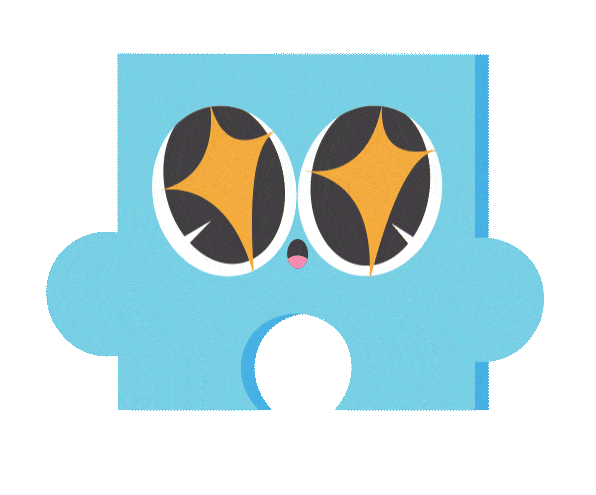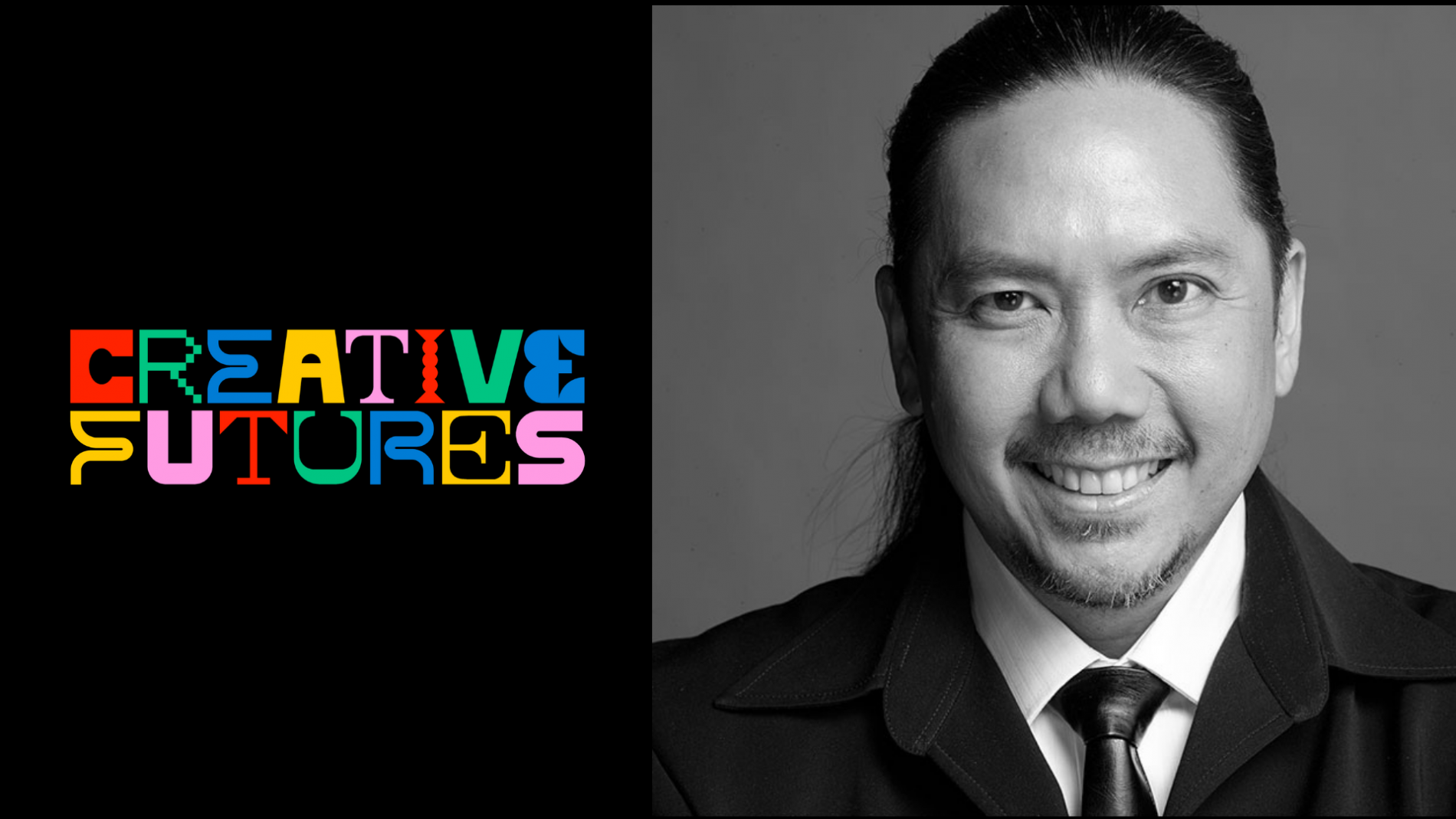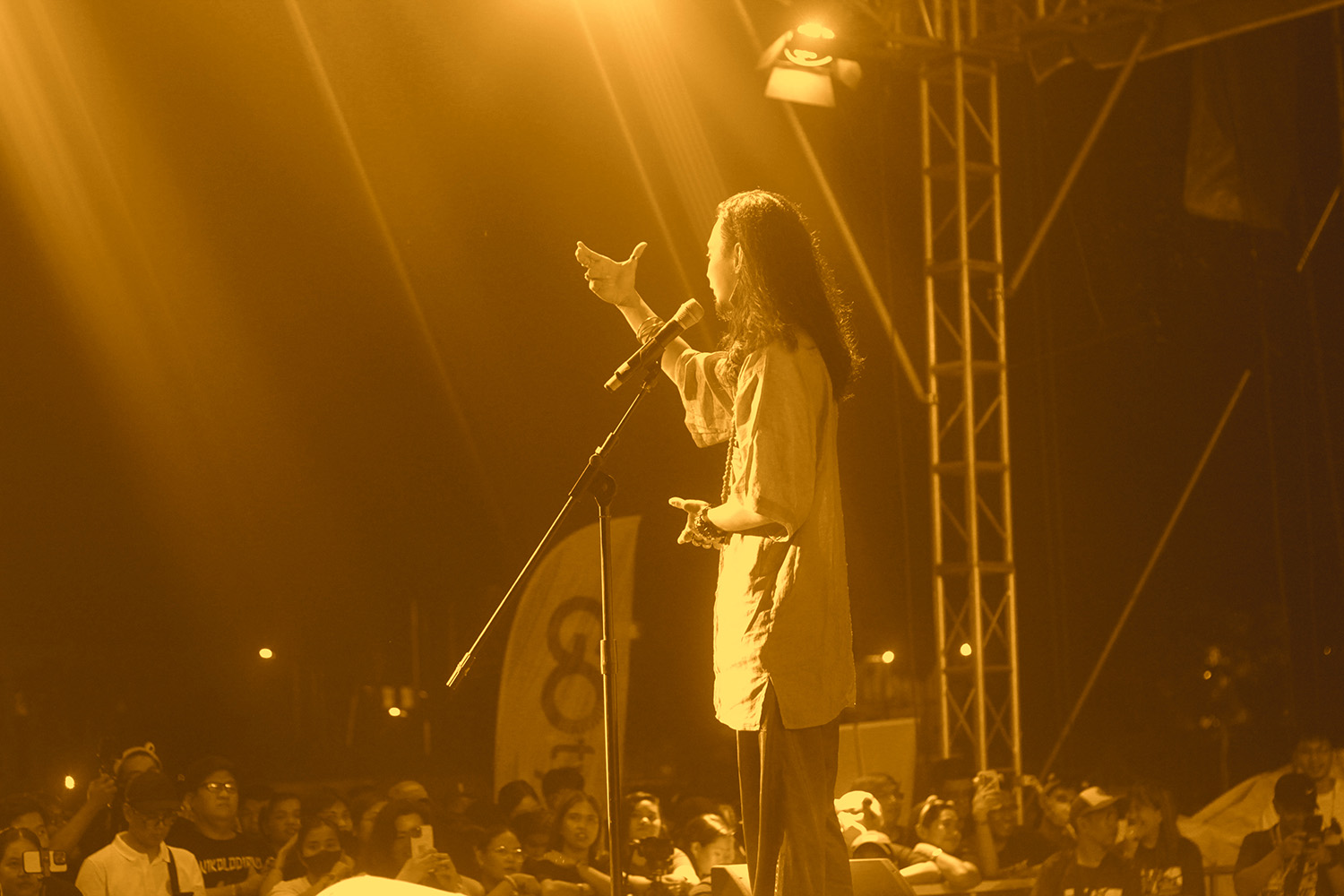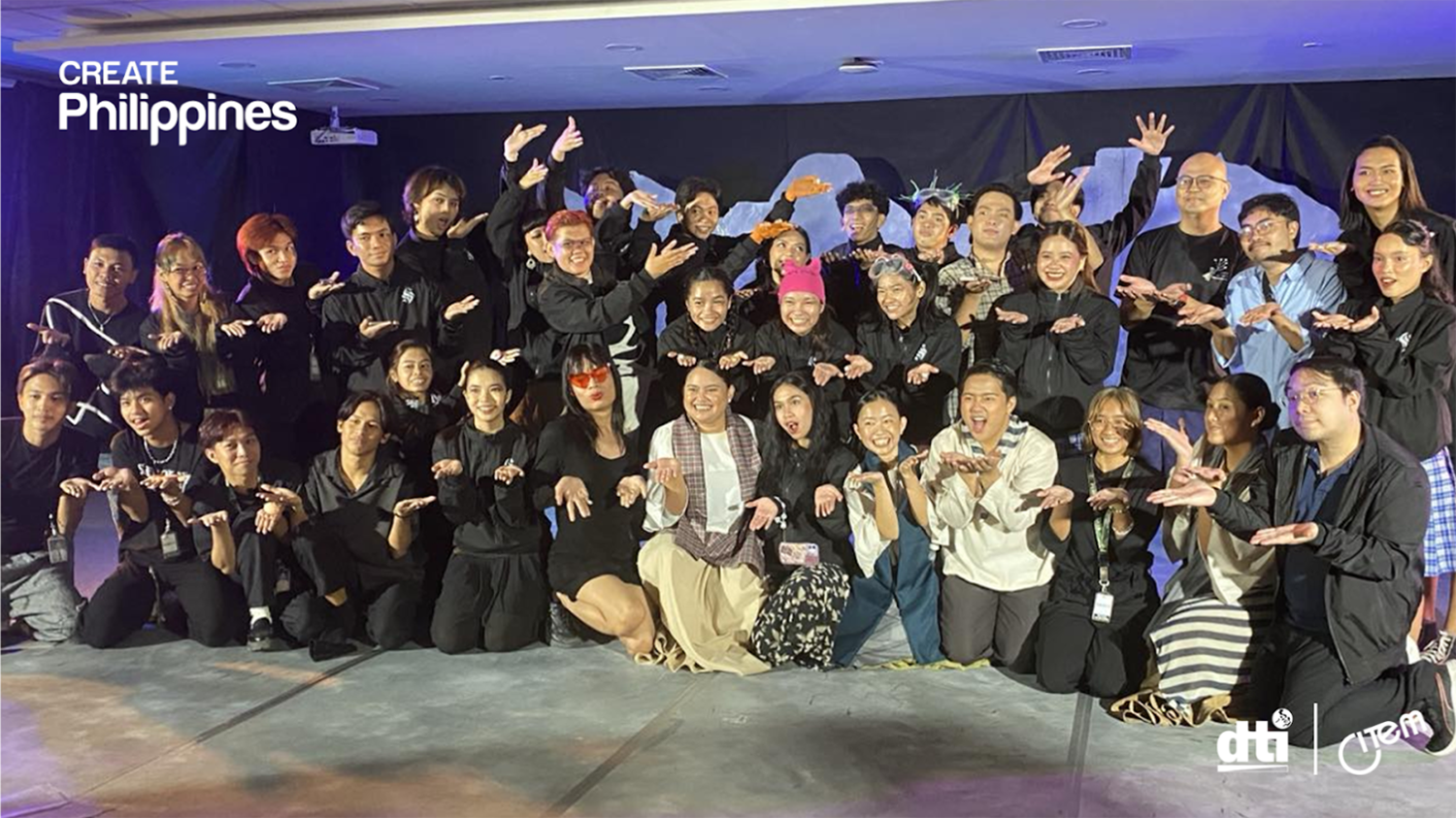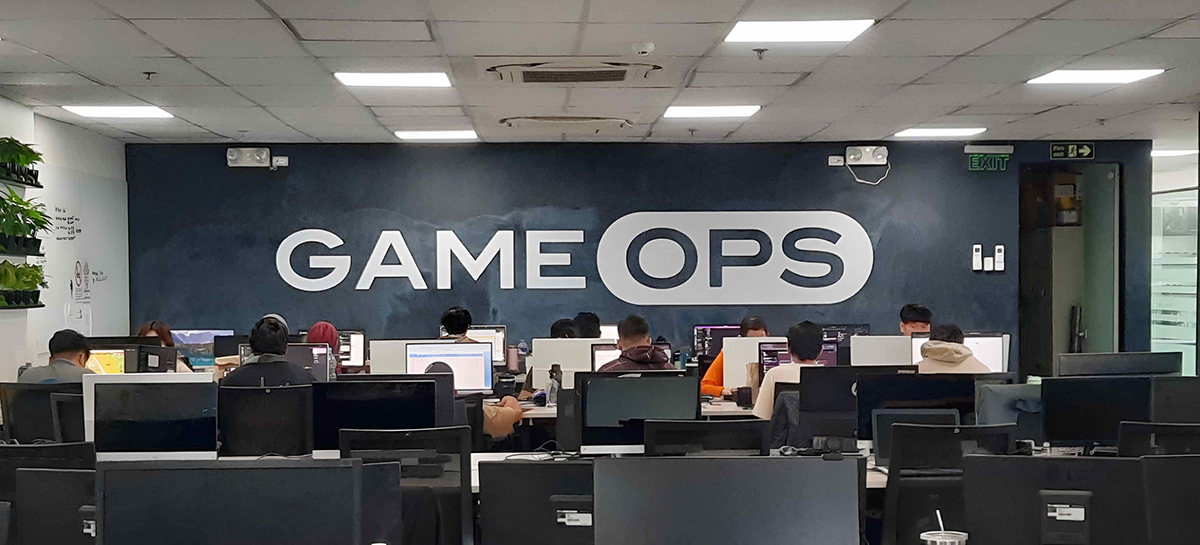
For GameOps, game development is as much about people as it is about technology
The company sees its work as enhancing the gaming experience in support of strengthening its community of players
By Santi Buenviaje
July 04, 2025
Two decades ago, the idea of a thriving game development scene in the Philippines felt distant, a dream reserved for global studios and tech hubs oceans away. Back then, the gaming industry was centralized, dominated by a few heavyweight studios in North America, Japan, and Europe. Small teams had little access to the tools, support, or platforms to build games at scale. But today, the tides have turned, and in that wave of transformation, Filipino companies like GameOps, Inc. are leading the charge.
GameOps Inc. is a Philippines-based video game solutions provider specializing in live operations, player support, and quality assurance for global game developers and publishers. Since the early 2000s, the company has quietly and steadily built itself as a cornerstone of the global game development industry. From a 20-person support studio, GameOps has since grown into a 300-person-strong operation that supports over 80 games across genres and platforms. At its core, it is an export-focused service provider, delivering world-class game operations to international partners while proudly contributing to the country’s growing reputation in global game development.
More than just a vendor, GameOps functions as an extension of its partners’ internal teams, handling the intricacies of live operations, community engagement, and quality control so studios can focus on innovation and game creation. The vision for its holistic, game-first philosophy is to elevate both the player experience and business outcomes. “Through the years, we’ve learned the importance of building sustainable pipelines, forming strong partnerships, and developing not just great games but great strategies around them,” shared Alexis Geronga, GameOps’ Business Development Director and board member of the Game Development Association of the Philippines (GDAP), during an interview with CREATEPhilippines. Learn how GameOps has grown alongside its partners—and why the Philippines is ready to become a major contributor to the global game development ecosystem.
GameOps has been around for more than 20 years, growing along with the game development industry. What gaps is the company still addressing today through its work?
The gaps we’re addressing go beyond efficiency. Many studios struggle with scaling support as their communities grow, or with maintaining quality while juggling multiple priorities. We step in to fill that gap with a hybrid of operational rigor and heart: bringing in systems, tools, and insights, but never losing sight of the fact that we’re talking to real people behind every ticket.
In the end, GameOps’ goal is simple: to help studios build not just games but communities players can feel proud to be part of. Because when support is done right, it doesn’t just solve problems, it strengthens trust.

Part of the services you offer is player support. How important is that to gaming communities?
At GameOps, we believe that player support is more than just answering tickets. It’s about creating meaningful, human connections with players. In live-service games, where communities are constantly evolving and emotions can run high, support can often be the difference between a player leaving frustrated or feeling seen and cared for. That’s the standard we hold ourselves to.
What does a genuinely helpful player support system look like?
We design our player support systems with empathy at the core. It starts with understanding the game deeply—its mechanics, its tone, its community—and then building a support approach that feels like a true extension of the dev team. Our agents are trained not just in tools and processes, but in context: who the players are, what they care about, and how we can be an ally to their experience. We also partner closely with our clients to ensure feedback loops are tight so what players are saying in support isn’t just logged, it’s [also] heard and acted on.
Game moderation is also becoming an increasing concern. What strategies or tools do you find most effective in fostering safe, inclusive, and respectful player communities?
It’s not just about enforcing rules, it’s about creating spaces where players feel safe, respected, and part of a positive community. The most effective approach combines smart tools like AI filters with human moderation that understands context, tone, and cultural nuances.
At GameOps, we believe in proactive, empathetic moderation. That means setting clear guidelines, encouraging good behavior, and stepping in not just to punish but to educate and de-escalate. We also empower players to take part in keeping their community healthy. It’s about protecting the emotional experience of the game and building communities players are proud to be part of.
Has there been an instance where community feedback led to a support or moderation feature GameOps hadn’t initially considered?
One powerful example came from a tactical role-playing game (RPG) we support, where players began voicing concerns about the translation and grammatical errors across the Main Story, Event Stories, and especially MomoTalks (chat sessions). These issues were affecting their immersion and overall narrative experience. What stood out wasn’t just the volume of feedback. It was the emotional investment players had in the story. That made us realize localization isn't just technical; it's deeply personal.
What we learned was simple but powerful: when players see that their voices lead to real change, trust is built. By listening closely and acting quickly, we didn’t just fix the problem—we strengthened the relationship between the players and the game.
Looking ahead, what innovations or improvements do you think the industry still needs to better support players—not just as customers, but as communities?
I think the biggest opportunity for the industry isn’t just in building better tools. It’s in building better relationships. Players today don’t just want to be treated like customers; they want to feel like they belong to something bigger. And to truly support them, we need to keep shifting from transactional support to community-first thinking.
That means creating more human-centered systems: empathetic player support that understands both context and emotion; moderation that ensures safety while preserving expression; and community engagement that invites players to help shape the spaces they care about. We also need to close the feedback loop and show players that their voices directly influence development to build a deep sense of trust and loyalty.
GameOps has a long history, but what achievements is the company particularly proud of?
If there’s one thing I’m truly proud of, it’s the long-term relationships we’ve built over the past 15 years. GameOps didn’t grow overnight; we grew side by side with the partners who believed in us. They’ve allowed us to evolve into one of the largest Filipino-owned game service studios in the country.
We’ve been deeply involved in championing industry development here in the Philippines because we believe in the potential of Filipino talent. It's not just something we do, it’s something we advocate for.
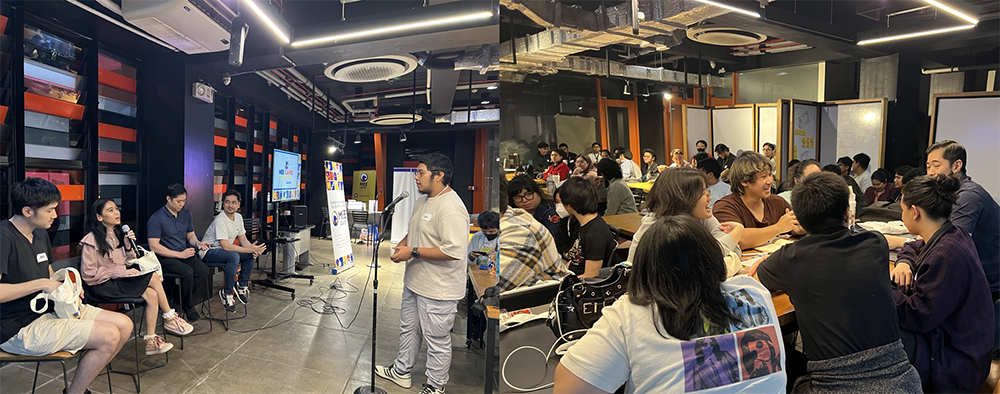
That same spirit led us to launch MEE Games, an early-stage funding and end-to-end incubator for Filipino indie developers. It’s our way of paying it forward—helping dreamers bring their original Intellectual Properties (IP) to life and on to the global stage, with the strategic support and guidance we wished we had when we started.
We’ve also been blessed to produce the GameDev Summit (GDS), an international industry gathering that is rooted in one belief: Connections can transform everything. Whether it’s developers finding the right publisher, studios sharing hard-won lessons, or advocates rallying around a shared cause, our summit was built to spark those moments. It’s about creating more: more relationships, more opportunities, more inspiration, and more memories.
Looking back, it’s humbling to see how far we’ve come. But what excites me most is what’s ahead because when we build together, when we lift each other up, we all rise. And that’s the future we’re committed to shaping.
Looking at the bigger picture, how has the game development landscape evolved over the past two decades?
The game development landscape today is vastly different from what it was two decades ago. Back then, the industry was much more centralized—dominated by big studios in just a few key markets. Opportunities for smaller teams or emerging countries were pretty limited. But today, things have opened up in a big way. With powerful tools, online distribution, and remote collaboration becoming the norm, game development is more accessible than ever.
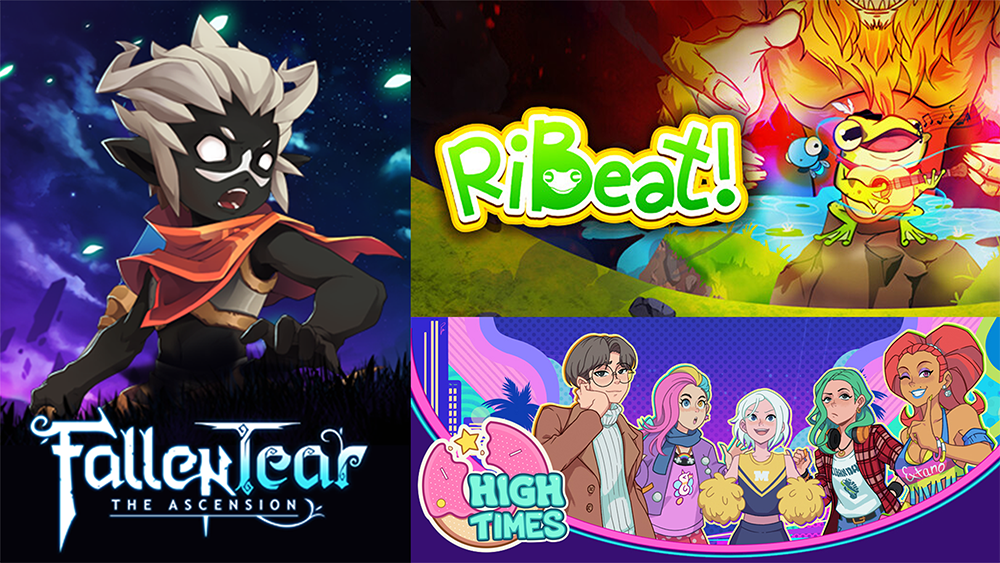
Where does the Philippines stand in this global shift?
While we started out mostly in art, quality assurance, and support services, we’re now seeing more studios taking on co-development work, launching original IPs, and building end-to-end capabilities. We are building stronger academic programs. More talents are entering the space, and more support from both the private and public sectors [are coming in].
As a GDAP board member, I’ve seen firsthand how far we’ve come and how much potential there still is. The ecosystem is maturing: We’re not just a support destination anymore, we’re becoming a creative partner in the global industry.
Speaking of the country becoming a creative game development partner, there have been some original Filipino-developed games that created international buzz because of the uniquely Filipino stories and perspectives they present. In a highly competitive landscape, what holds more weight: cutting-edge technology or emotionally resonant storytelling?
If I had to choose what feels more important today—and it’s a case-to-case basis—personally, I’d say emotionally resonant storytelling, especially stories that reflect culture and identity, is what truly stands out.
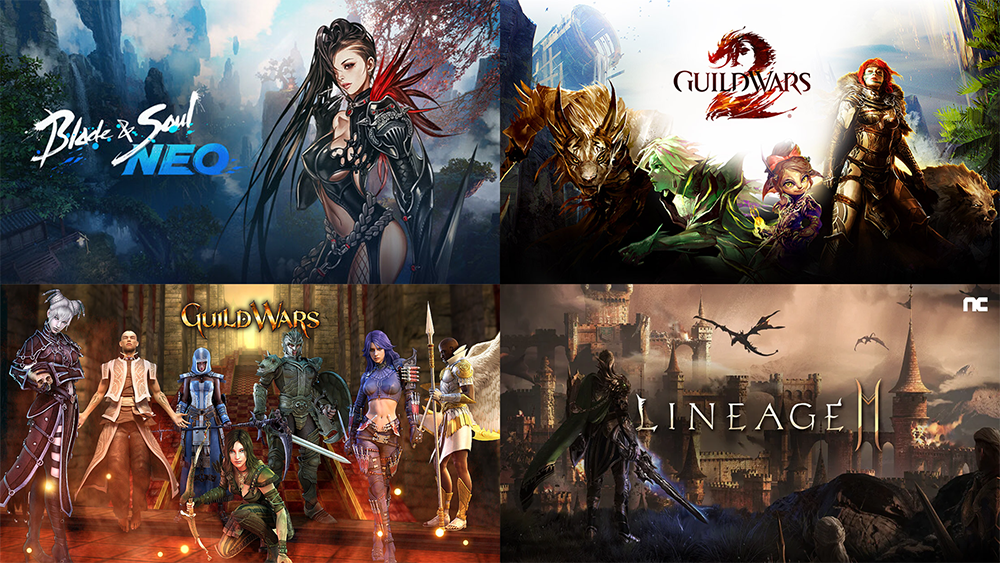
Technology will always evolve. Engines get better, graphics improve, AI tools become more powerful. But what players remember long after they’ve finished a game is how it made them feel. A game that tells a meaningful story, grounded in a specific culture or experience, can resonate with global audiences in a way that no amount of technical polish can replace.
Has it become more common to see specific cultures, voices, and ideas represented in video games?
We’re seeing that happen even more today, games that highlight unique voices or underrepresented cultures. When done authentically, they are not just creatively powerful, they’re also commercially successful. As someone involved in growing the Philippine game development community, I believe this is where we have a unique edge. Our stories, our folklore, our perspectives, they’re fresh and compelling, and the world is starting to take notice.
How much will technological advancements affect the future of the gaming industry?
Technology will play a role—through AI, personalization, and predictive tools—but the real foundation is people. The future GameOps wants to help build is one where we don’t just improve support systems but also help our partners and clients build lasting, meaningful relationships with their players. [We envision a] future where the games we support don’t just succeed at launch but grow vibrant, inclusive communities and immersive experiences that stand the test of time.
If you had to make an elevator pitch for working with Filipino game developers and playing games developed in the Philippines to international clients, how would it go?
If you’re looking for creativity, grit, and world-class talent, look no further than the Philippines. Filipino game developers bring heart to everything they do, blending technical excellence with a deep sense of storytelling, culture, and community.
To work with Filipino developers is to partner with people who care deeply, not just about the craft, but about the player experience. And to play games made in the Philippines is to discover new worlds, fresh perspectives, and stories you haven’t heard before but will never forget.
As a board member of GDAP, I see how the [international] success of some noteworthy Filipino-made games is inspiring the next wave of studios and developers. They remind us that when we invest in our talent, believe in our stories, and support each other, we’re not just making games—we’re building a movement, and we’re inviting the world to be part of it. The future of Filipino game development is bold and original, and it’s just getting started.
***
Learn more about GameOps on their website.
Want to connect with GameOps? Get in touch by filling out the Connect with a Creative form. Want to be part of our creative community and have the chance to be featured on CREATEPhilippines? Sign up and register for our Directory of Creatives here. Join our Viber community, too, and follow us on Instagram, Facebook, X, and LinkedIn to be updated on the creative events that we’re promoting.
